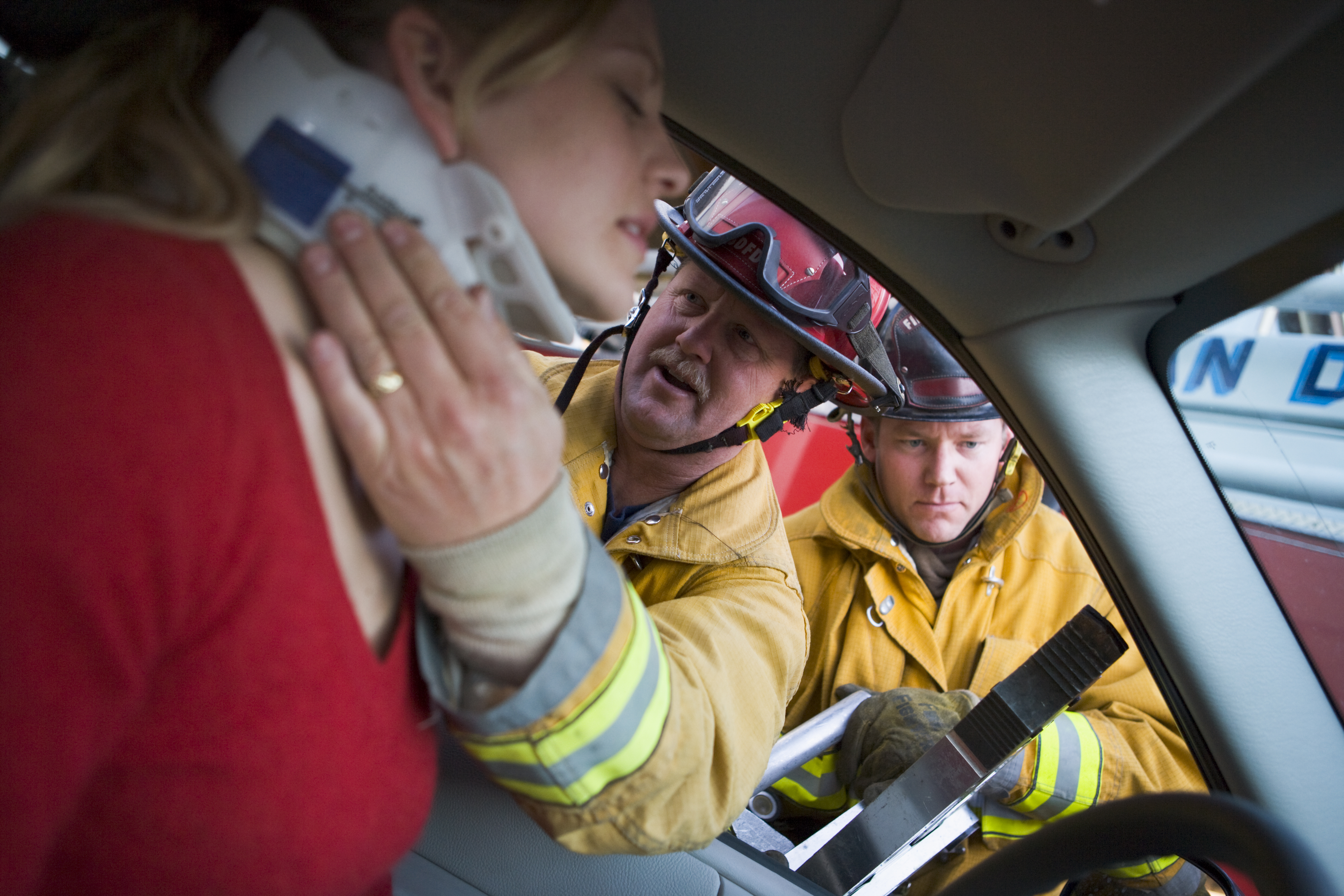The Trauma Module is presented as part of the traditional one (1) term emergency medical technician (EMT) course. This is the eighth of several modules that are included in the EMT certificate program. In this presentation the trauma module is recommended to be completed over a two (2) week period with additional time reserved for practical skills verification testing in a lab setting.
The following chapters will be covered within the Trauma Module for Emergency Medical Technician. Students should note that this is a blended online program. All facets of the lecture, review activities, knowledge checks, and in some cases, practical skills which are filmed and uploaded into the system, are completed there and graded. All online requirements must be completed before students may attend the lab sessions.
| Term | Location | Dates | APPLY |
|---|---|---|---|
|
First Term |
On-Line |
January thru March EMT Trauma Module 2 week course |
CLICK TO APPLY |
|
Second Term |
On-Line |
April thru June EMT Trauma Module 2 week course |
CLICK TO APPLY |
|
Third Term |
On-Line |
July thru September EMT Trauma Module 2 week course |
CLICK TO APPLY |
|
Fourth Term |
On-Line |
October thru December EMT Trauma Module 2 week course |
CLICK TO APPLY |

Students will learn the basics of soft tissue and other traumatic injuries and how to care for and stabilize these patients.
This course highlights the basic knowledge and skills necessary for individuals who wish to obtain state or national certification as an Emergency Medical Technician and adheres to the 2009 National EMS Education Standards which are based on the National EMS Core Content and the National EMS Scope of Practice that define the minimal entry-level educational competencies for each level of EMS training and has replaced the DOT National Standards curricula used in the past.
The trauma module will teach students how to recognize and stabilize traumatic injuries to include soft tissue, burns, head, neck, back injuries, and abdominal trauma. Students will learn how to utilize splinting techniques s well as specialized devices such as traction for specific injuries.